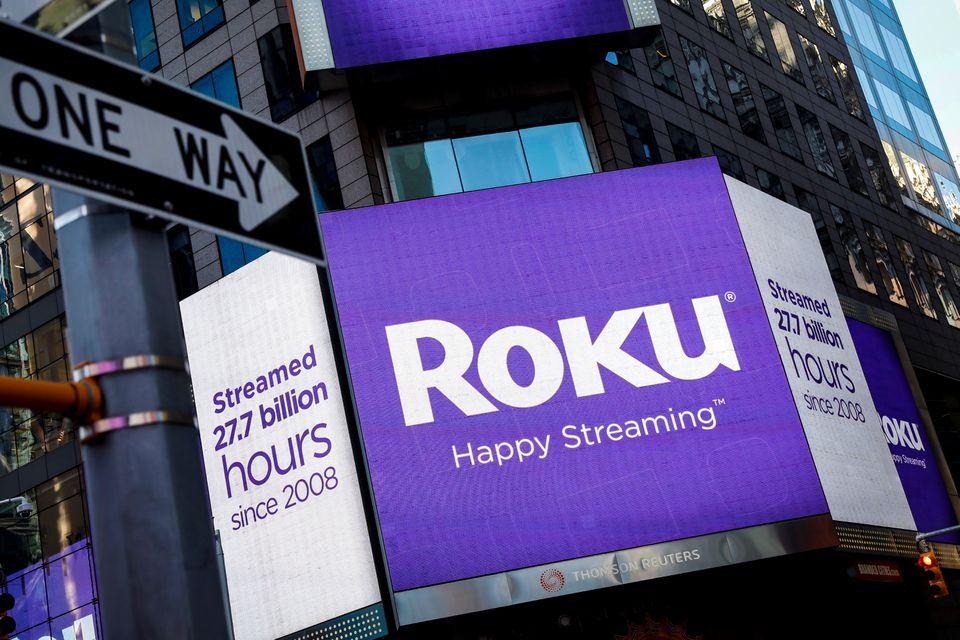Roku, the digital streaming device maker, announced another round of layoffs, as the number of job losses in the tech industry rises over 60,000 in 2023.
The company said it would lay off another 200 workers, or 6 percent of its workforce, in a Securities and Exchange Commission (SEC) filing on March 30, a few months after cutting 200 U.S. positions in November 2022.
The San Jose, California-based firm, like others in the streaming service industry, saw a surge in revenue during the pandemic, when millions of Americans were locked indoors and were forced to rely on in-home entertainment.
People stuck at home started make more use of delivery services like e-commerce and virtual communications platforms such as social media services and videoconferencing.However, as the lockdowns subsided, many customers gradually returned to their old entertainment habits, causing a financial new challenge as revenue began to plunge.
Major technology giants such as Meta and Amazon.com led the way in layoffs in the sector, as they braced for a potential economic downturn and interest rates surge worldwide.Job cuts in U.S. tech sector hit 63,000 in the first two months of the year, according to data from Challenger, Gray & Christmas Inc.





